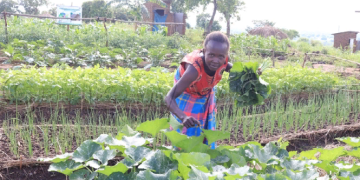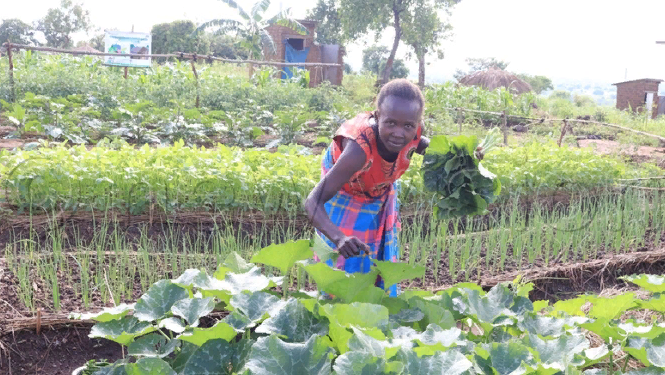#RefugeeEmpowerment #SustainableAgriculture #CommunityDevelopment #FoodSecurity #Integration #HumanitarianAssistance
Discover how vegetable growing initiatives are supporting refugee communities, enabling them to thrive and build sustainable livelihoods. This article explores the development and consequences of such programs, highlighting the positive impact they have on refugees and their host communities.
Vegetable growing programs implemented to support refugees have emerged as a transformative solution, empowering individuals and communities facing displacement. These initiatives provide refugees with the knowledge, resources, and opportunities to cultivate their own food, creating a sense of self-sufficiency and stability. By optimizing the utilization of available land and resources, vegetable growing programs offer a sustainable way for refugees to address their nutritional needs, enhance food security, and generate income.
Refugee camps often lack access to fresh and nutritious food, leading to malnutrition and dependency on external aid. However, through targeted interventions and partnerships with humanitarian organizations, refugees are now being equipped with the skills to grow their own vegetables within the limited space available. These programs provide training on sustainable farming techniques, irrigation systems, crop rotation, and organic farming practices, ensuring the long-term viability of their agricultural endeavors.
The consequences of implementing vegetable growing initiatives are far-reaching. Firstly, refugees gain a valuable skill set that can be transferred to other contexts, potentially facilitating their integration into host communities or their eventual return to their home countries. Secondly, these programs reduce the strain on already limited resources, as refugees become less reliant on external aid for their daily sustenance. This enables humanitarian organizations to allocate resources more efficiently and address the needs of a larger population.
Moreover, the surplus produce generated through vegetable growing programs can be sold in local markets, creating income-generating opportunities for refugees. This not only improves their economic situation but also fosters interaction with the host community, promoting social cohesion and fostering a sense of belonging. The economic contributions made by refugees through their agricultural activities can positively impact the local economy, stimulating growth and development.
In addition to the tangible benefits, engaging in vegetable growing activities also has numerous psychosocial advantages. Tending to a garden provides a therapeutic outlet, reducing stress and promoting mental well-being among refugees who have experienced trauma and displacement. It creates a sense of purpose, dignity, and hope, instilling a renewed sense of agency and control over their lives.
Vegetable growing initiatives are transforming the lives of refugees by offering them a means to thrive and rebuild their communities. By providing essential skills, fostering self-sufficiency, and generating income, these programs not only address food security but also contribute to the overall well-being of refugees. The long-term consequences of empowering refugees through vegetable growing extend beyond individual benefits, positively impacting host communities and promoting social integration.































